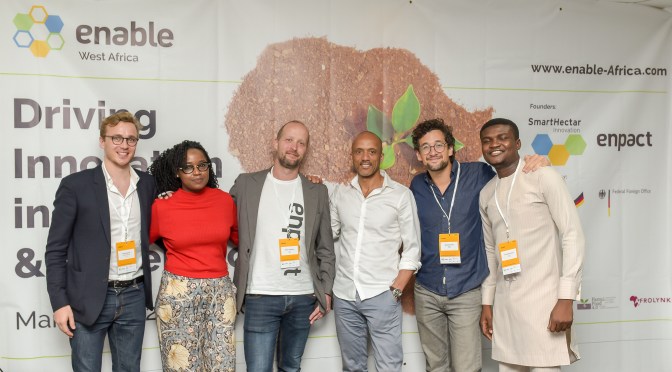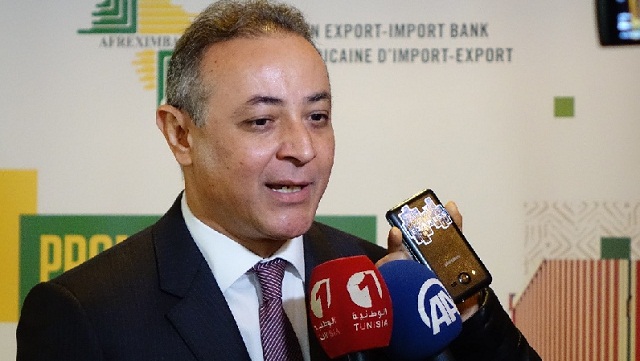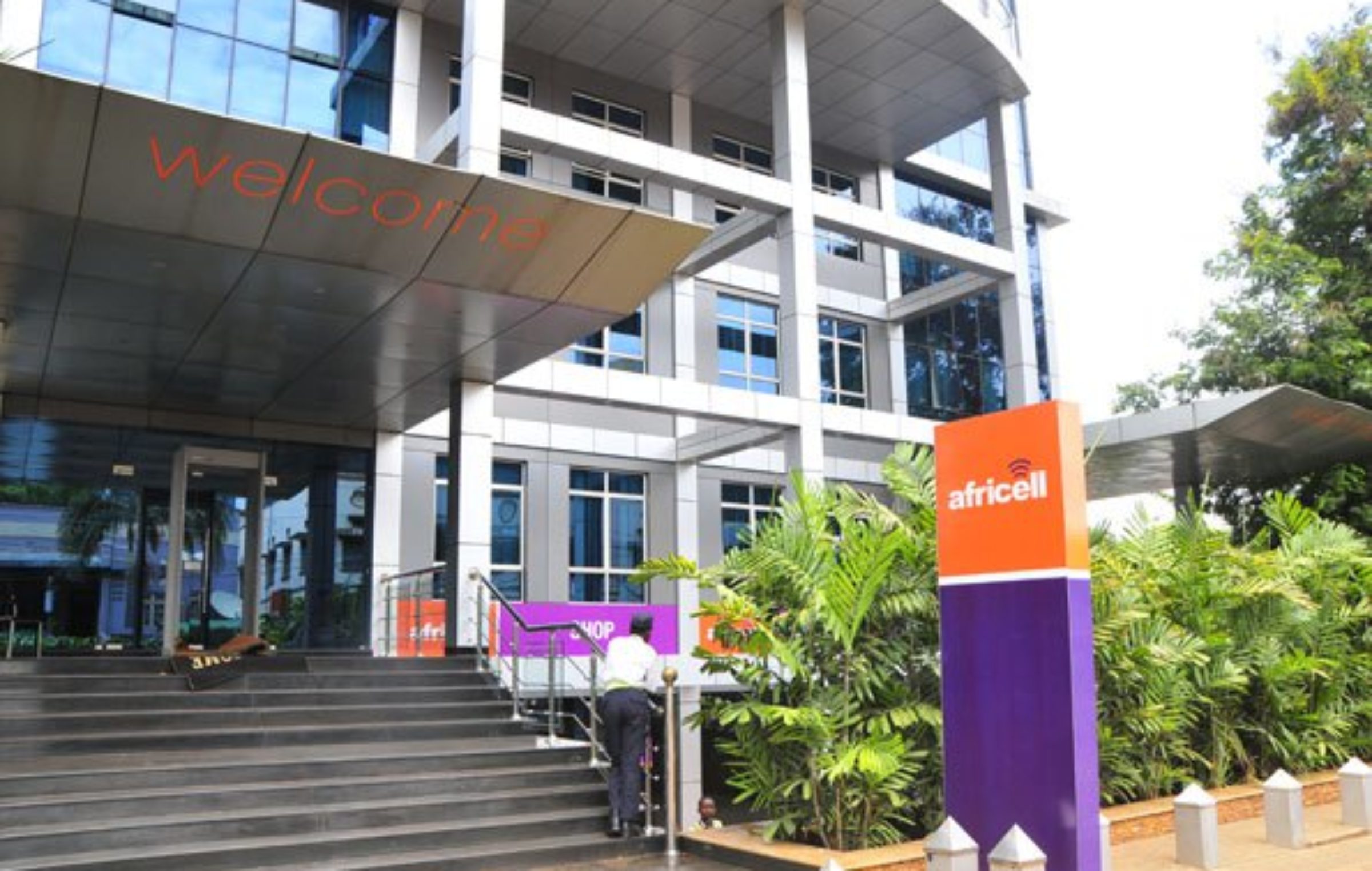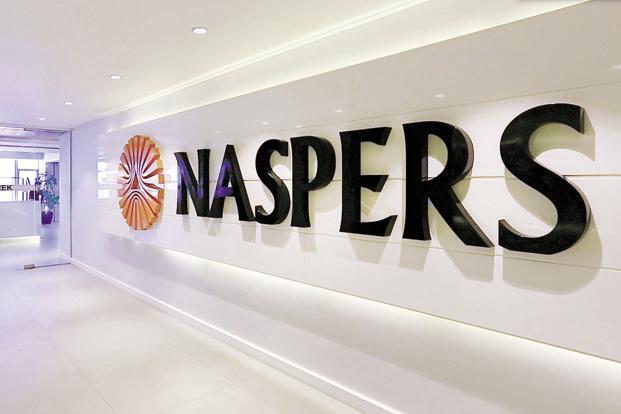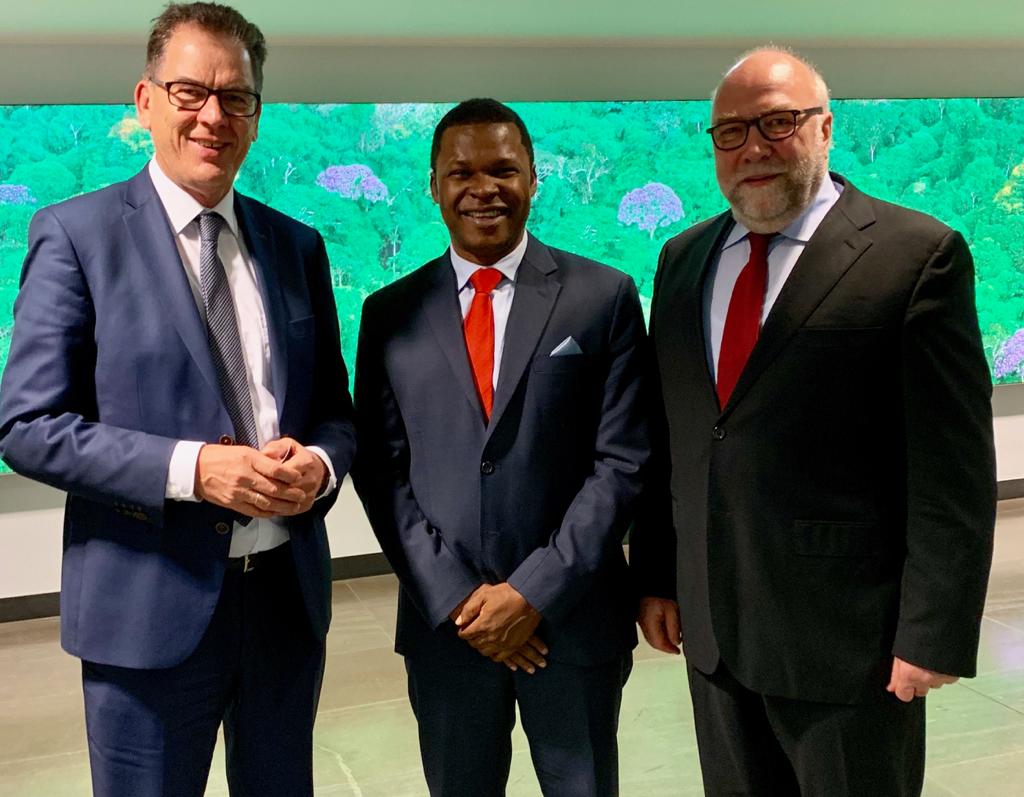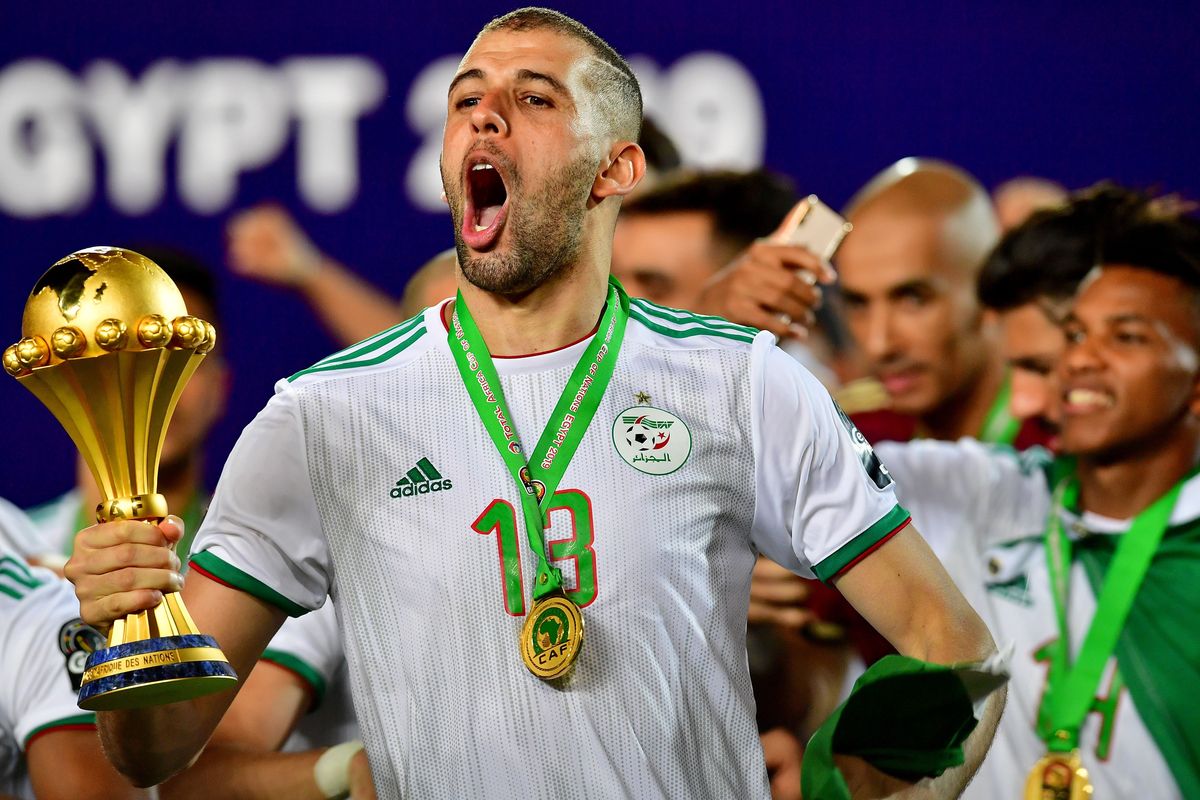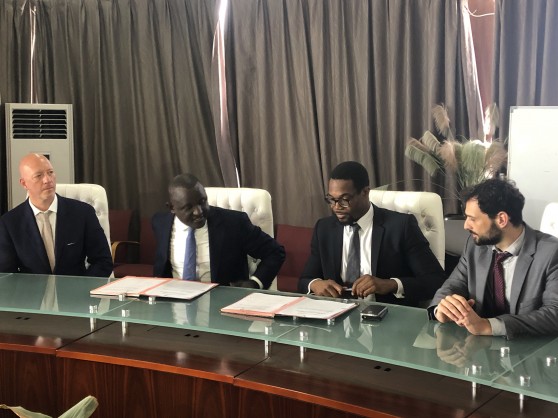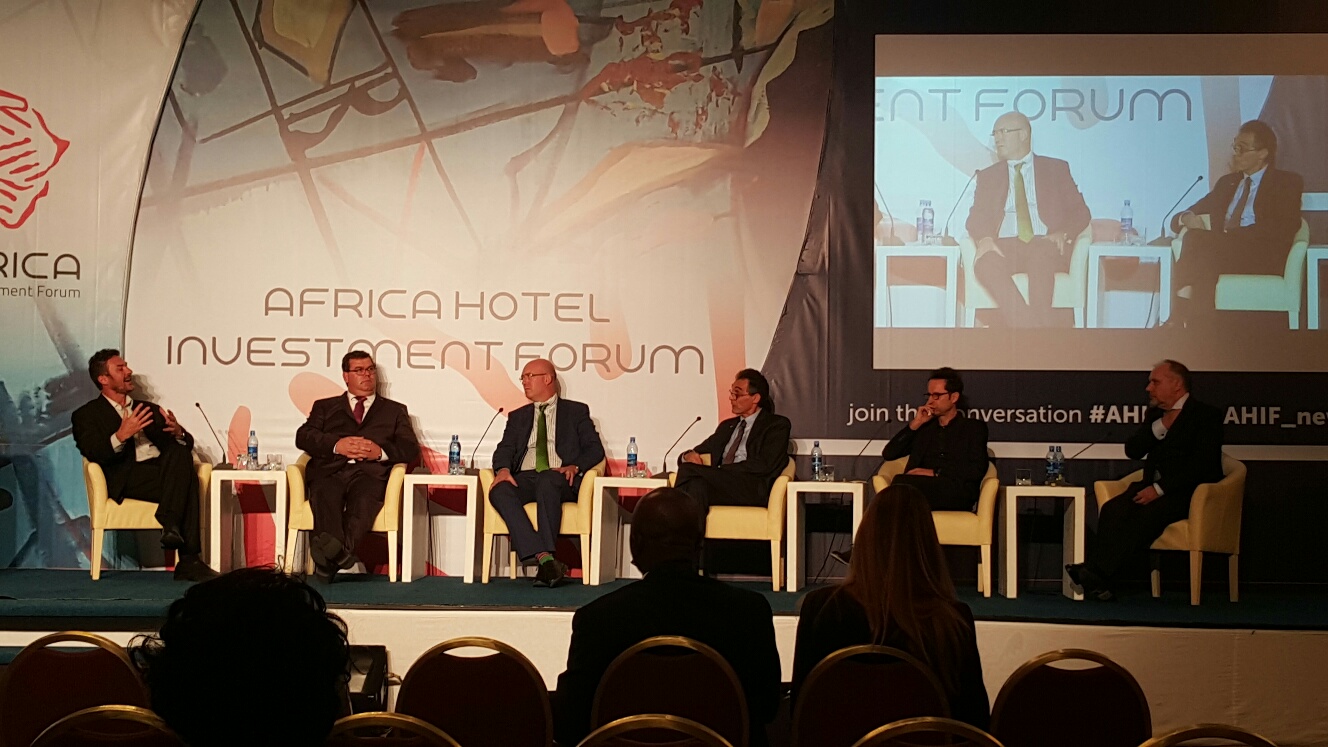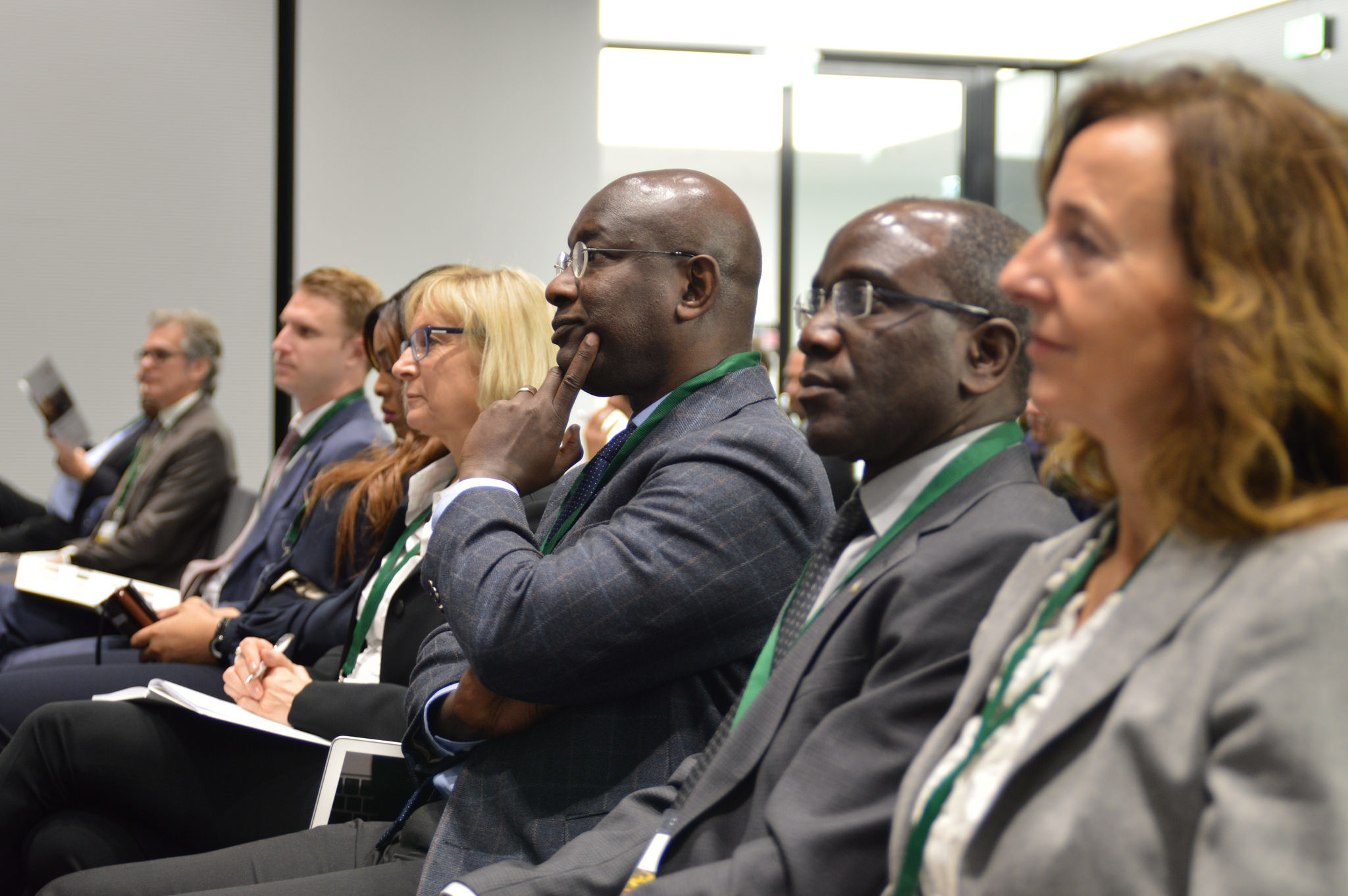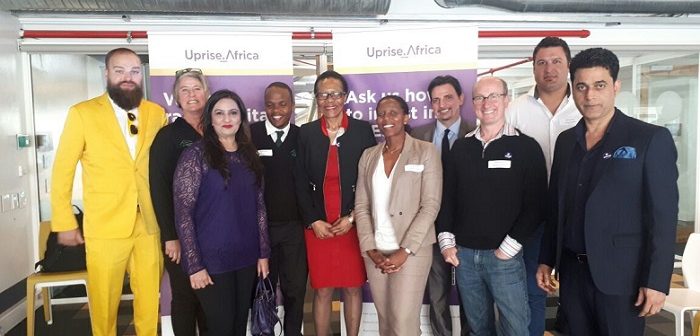Here Is Why It Is Difficult For Foreign-owned Startups To Exist In Ghana
Take it or leave it, laws and regulations say who does or does not do business in a country. Ghana is one of those countries whose local laws are not only bad for wholly foreign-owned startups but almost murderous of all foreign-owned startups desiring to exist and do business in the country.
Now, here is the interesting part: Ghanaians seem to have discovered one of these laws and are now relying on it to chase away wholly-owned foreign businesses. They are fixing attention on Section 27 (1) of the Ghana Investment Promotion Centre (GIPC) Act.

Ghanaian traders want this law which has been left a white elephant since its passage to be enforced by the authorities. In the next three months, if threats are anything to go by, expect a massive war against foreign-owned retail businesses in Ghana.
Here Is Why
According to Section 27 (1) of the GIPC Act, a person who is not a citizen or an enterprise which is not wholly-owned by a citizen shall not invest or participate in the sale of goods or provision of services in a market, petty trading or hawking or selling of goods in a stall at any place. The list of prohibited trading activities are:
- The sale of goods or provision of services in a market, petty trading or hawking or selling of goods in a stall at any place;
- The operation of taxi or car hire service in an enterprise that has a fleet of less than twenty-five vehicles;
- The operation of a beauty salon or a barbershop;
- The printing of recharge scratch cards for the use of subscribers of telecommunication services;
- The production of exercise books and other basic stationery; f. the retail of finished pharmaceutical products;
- The production, supply, and retail of sachet water;
- All aspects of pool betting business and lotteries, except football pool
 Sources (as of October 2017): The World Bank, World Development Indicators 2017 | UNDP, Human Development Report 2016.
Sources (as of October 2017): The World Bank, World Development Indicators 2017 | UNDP, Human Development Report 2016. Consequently, enterprises eligible for foreign participation and minimum foreign capital requirement are as follows:
A person who is not a citizen may participate in an enterprise other than an enterprise specified in section 27 if that person
- In the case of a joint enterprise with a partner who is a citizen, invests a foreign capital of not less than two hundred thousand United States dollars in cash or capital goods relevant to the investment or a combination of both by way of equity participation and
- The partner who is a citizen does not have less than ten percent equity participation in the joint enterprise; or
- Where the enterprise is wholly owned by that person, invests a foreign capital of not less than five hundred thousand United States dollars in cash or capital goods relevant to the investment or a combination of both by way of equity capital in the enterprise.
- A person who is not a citizen may engage in a trading enterprise if that person invests in the enterprise, not less than one million United States dollars in cash or goods and services relevant to the investments.
- For the purpose of this section, “trading” includes the purchasing and selling of imported goods and services.
- An enterprise referred to shall employ at least twenty skilled Ghanaians

Chase Away Foreigners?
Ghana Union of Traders Association (GUTA) is planning a mammoth demonstration against the government in three months if it fails to enforce laws governing retail trade, said Dr. Joseph Obeng, President of the Association, at a press conference held at the Central Business District (Opera Square)
GUTA is insisting that if the government does not do as expected and the time comes for the demonstration, its members will not be stopped.

GUTA President said these confrontations are just actions by local retailers to preserve Ghana’s retail space and should not be seen as xenophobic attacks.
“We are going to declare the destiny day demonstration in three months, where all other laws will not be regarded if our pleas are not being noticed,” he said to the delight of the traders.
Meanwhile, the Accra Region Police Command has described the shutting down of shops belonging to foreigners by some Ghanaian traders as an act of vigilantism that is criminal and could lead to arrests.

Nigerian traders in Ghana, for instance, have also been calling for a review of Ghana’s trade laws, to complement already existing ECOWAS treaties that permit free trade among African economies.
According to the President of the association of Nigerian traders in Ghana, (NUTA), Chief Chukwuemeka Nnaji, a review of existing trade laws in Ghana could help tone down “unnecessary tensions between foreign and retail traders.”
“I’m still surprised that the Ghanaian Parliament has still not amended the laws. Let that law be amended to suit the ECOWAS Trade Treaty. I think we have to change our minds. I believe there is an issue with misinformation which must be dealt with,” he argued.
Charles Rapulu Udoh

Charles Rapulu Udoh is a Lagos-based Lawyer with special focus on Business Law, Intellectual Property Rights, Entertainment and Technology Law. He is also an award-winning writer. Working for notable organizations so far has exposed him to some of industry best practices in business, finance strategies, law, dispute resolution, and data analytics both in Nigeria and across the world.

